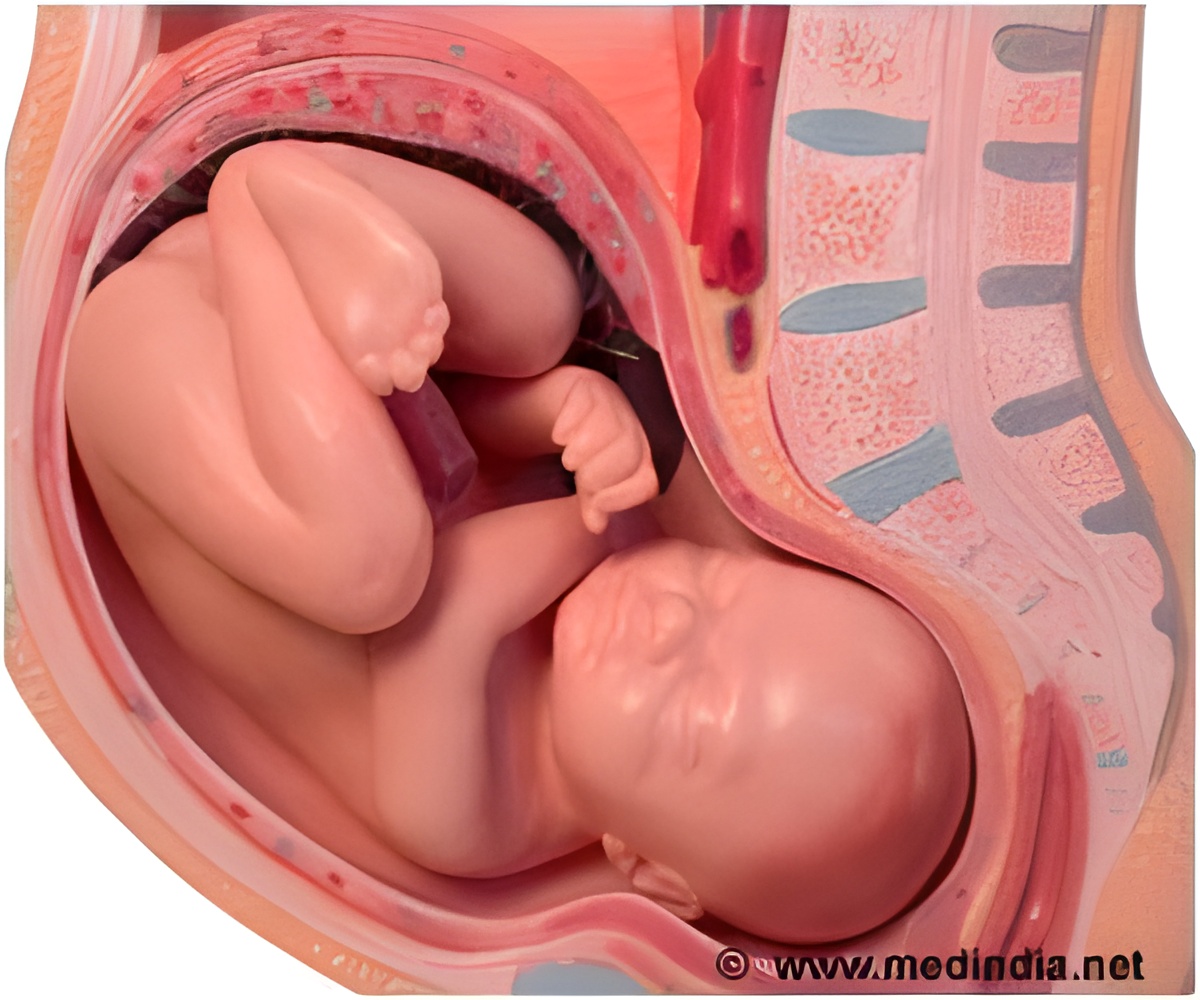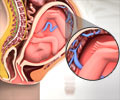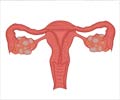A gut bacterium called Listeria (Listeria monocytogenes) is known to present a risk to pregnant women by using distinct tactics to breach the intestine and the placenta.

Researcher Lecuit and his colleagues have been able to visualize the activation of PI3-K, finding that this enzyme is very important for Listeria invasiveness via internalins. They uncovered that PI3-K is perpetually turned on in intestinal cells, using only internalin A and rendering internalin B dispensable, while the placenta has little to no inherent PI3-K activity, which is why passage of the bug through the placenta requires both A and B internalins.
These findings open up new opportunities to examine if other microbes-in addition to those posing a pregnancy risk-are capable of crossing host barriers using PI3-K activation, and whether this mechanism of invasion occurs in other mucosal tissues and organs.
The study is published in 'The Journal of Experimental Medicine'.
Source-Medindia














